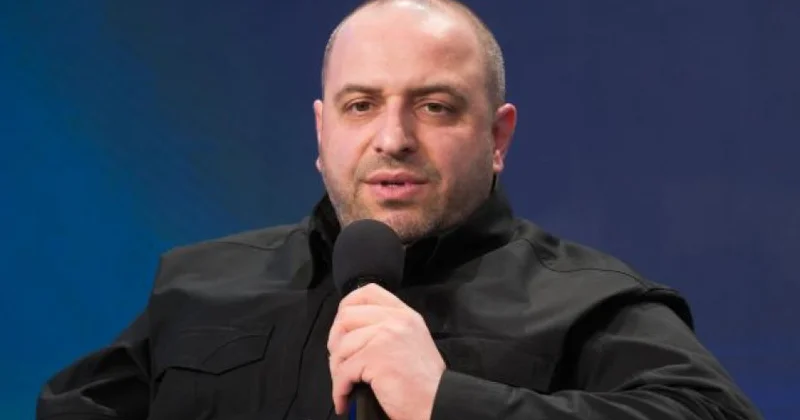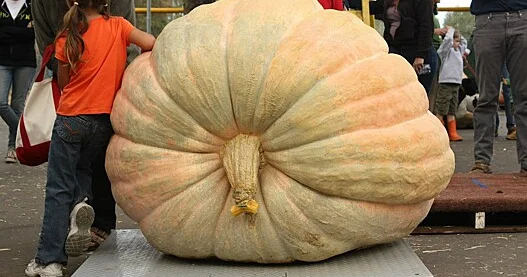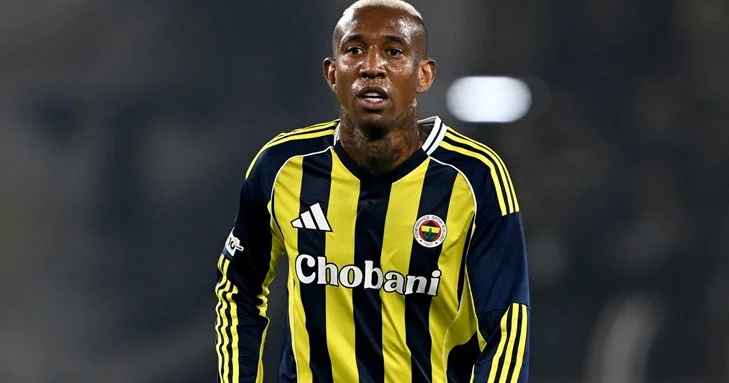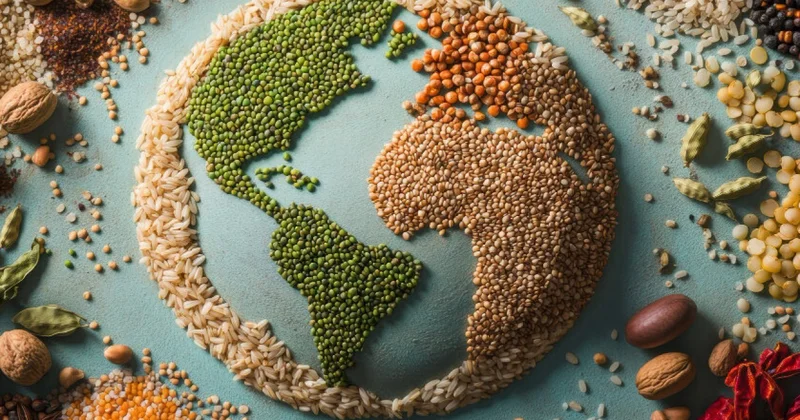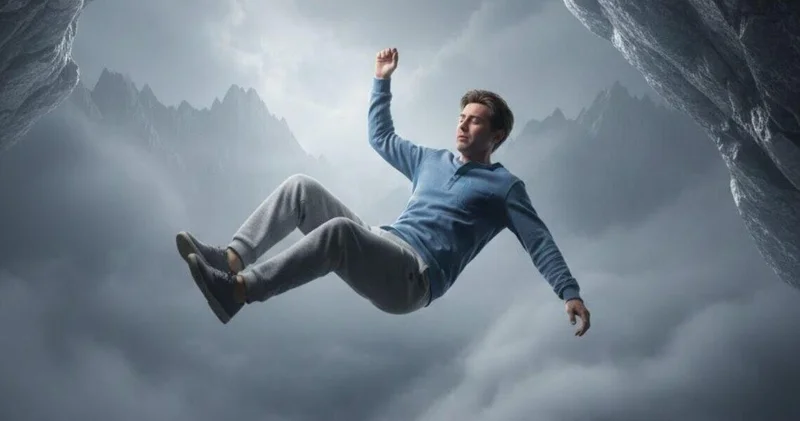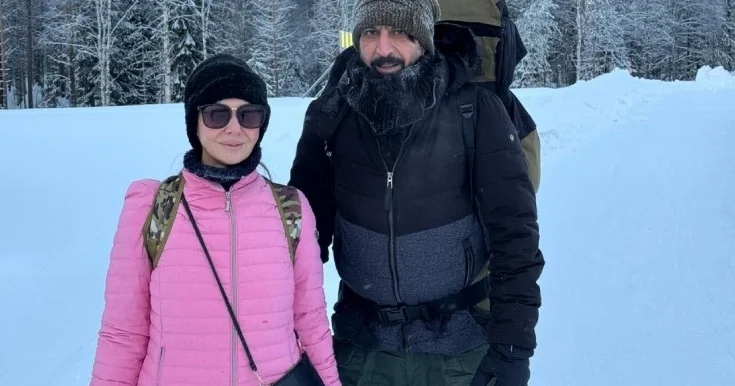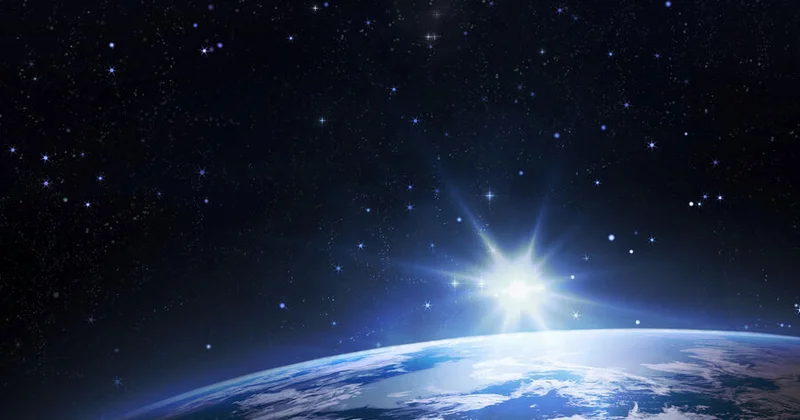Is the human being the only exploitative creature?
Sia Az saytından verilən məlumata görə, Icma.az xəbər verir.
In nature, every living being has a role. Each struggles to survive, yet this struggle never turns into systematic destruction. The lion hunts, but out of hunger. The tree spreads its roots, not to strangle another, but to reach the sun. Among all living things, there exists an invisible law that maintains balance to live by letting others live. Humanity, however, is the only being that has broken this law.
The human mind is often celebrated as the greatest gift of civilization. But this very mind has often replaced compassion. The intelligence that built technology, civilization, and economic systems may appear as progress, yet beneath it lies a mechanism of exploitation. The more humankind subdued nature, the more it believed it had gained freedom, yet in trying to control the world, it enslaved its own spirit.
This paradox defines humanity’s deepest contradiction: the more reason grows, the more oppression follows. Because when intellect evolves without conscience, knowledge becomes a tool of domination. Throughout history, humans have used their minds to rule, not to create harmony. And so, the dominance once imposed on nature has gradually extended to human-to-human relations.
Exploitation did not begin with the cutting of trees; it began the moment a living being said, “This land is mine.” That sense of ownership over the earth soon turned toward other humans began to “own” one another. Thus, intellect became the ideology of power, and compassion was mistaken for weakness.
Humanity separated itself from nature because it believed it stood above it. Yet this idea of “superiority” marked the very beginning of its estrangement from nature, from spirit, and ultimately from itself. Every time a tree was cut down, humanity severed its own roots. Every time a living being was called a “resource,” the human soul became a commodity.
Today, when we speak of the “modern human,” we think of technology, urban life, and economic growth. But behind this image of progress hides an invisible decline, a decline in empathy, in sharing, in conscience. The more humanity “developed,” the further it drifted from simplicity, nature, and moral depth.
Thus, the human being created a paradox within itself: a creature that lives not to exist, but to dominate. And within this paradox, both nature and humanity slowly fade away. For exploitation is not merely economic or physical, it is a moral virus. Over time, it seeps into every value, corrodes it, and leaves behind only two sacred idols: property and power.
Yes, what sets humans apart from other species is intelligence. But when intelligence operates without compassion (when it becomes purely a force of control) it turns the human into nature’s most dangerous predator. Nature, however, does not retaliate. It simply falls silent. And within that silence lie all of humanity’s sins and contradictions.
The exploitation of nature was, in truth, a rehearsal for humanity’s exploitation of itself. From the moment humans began to reshape nature through labor, they began to possess it. And once they possessed it, they sought to rule it. Gradually, that rule extended to social relations. Humanity started owning not only the land but each other. Thus, exploitation ceased to be an act, it became a system.
Karl Marx explained this mechanism through the concept of “alienation of labor.” As human beings sell their labor, they become estranged from it — from their own creativity. A person who works only to increase someone else’s wealth eventually loses a sense of meaning. Capitalism has turned this alienation into a way of life, where a person’s value is measured not by their being, but by their productivity.
Exploitation no longer occurs merely between individuals; it operates within structures. An invisible mechanism seems to govern all human behavior: you must produce more, earn more, achieve more. Yet in this endless race, the human spirit erodes. Everything is measured by performance, skill, and competition but no one measures happiness.
If exploitation in nature leads to ecological disaster, exploitation in society leads to moral collapse. The worker’s worth becomes a number; the woman’s role, unpaid domestic labor; the child’s emotions, a “result.” The human body, mind, and feeling all have become commodities within the market.
Patriarchy is one of the oldest and most deeply rooted forms of this exploitation. The invisibility of women’s labor, and their labeling as “naturally caring,” is in fact a cultural disguise for systemic domination. By defining women’s work as natural and men’s power as normative, society has normalized the superiority of one gender over another. Yet this is not “natural.” It is the product of centuries of social conditioning.
All these structures (economic, cultural, gender-based) are merely different faces of the same idea: possession. Humanity’s domination over other humans is the social continuation of its domination over nature. Just as it cuts down trees, it silences the voices of women, workers, and the vulnerable.
Modern capitalist society presents exploitation in such refined and aesthetic forms that people mistake it for freedom. Advertisements, motivational culture, and the “self-improvement” ideology seem to call humanity toward liberation yet, in truth, they bind individuals to even deeper systems. These messages insist, “You must become valuable,” but never ask, “Why do you feel the need to prove your value?”
Exploitation is not always about trampling someone else’s rights. Often, the system is designed so subtly that individuals become both the victims and participants of exploitation without even realizing it. They work, produce, and consume yet can never escape the cycle. Humanity slowly turns into a cog within a vast production machine, where the only function is to work and be used up.
This chain of exploitation, which began with nature, has now turned against society itself. Humanity no longer cuts down trees, it cuts down its own kind. It no longer sells the soil, it sells its own soul. And this is called “modern life.”
To many, exploitation appears as a natural law “the strong survive, the weak perish.” But this is a myth created by humans. Nature is not a place where the strong rule; it is a realm where balance is preserved. Every living being in nature is a part of a whole none seeks to destroy that whole. Only the human being saw itself as superior and believed it had the right to dominate and destroy.
Yet this belief did not bring happiness. On the contrary, humanity began to suffocate within the very systems it created. It lived to earn more, yet lived less. It longed to possess, but gradually lost the sense of being. Thus, exploitation no longer targeted others alone, it turned inward, and humanity began to exploit its own soul.
Is a future without exploitation possible? Perhaps this is the hardest, yet the most essential question of all. Ending exploitation is not merely about changing economic or political systems, it is about transforming the very way we think. Unless humanity moves from a culture of possession to a culture of sharing, exploitation may change its form, but never its essence.
Empathy is where this transformation begins. True empathy arises when one can feel another’s pain within their own body, when one senses nature’s wound within their own being. When empathy exists, power ceases to be a means of domination and becomes a form of responsibility. Power used not to control, but to protect, that is when reason serves harmony, not oppression.
A world without exploitation is not a utopia; it is a forgotten memory. When humanity first encountered nature, it protected it out of love, not fear. Every stone, every tree, every living being was part of the same whole. Today, our greatest task is to restore that memory to remember what it means to be whole again.
This is neither a romantic call nor a naïve hope. If exploitation was constructed as an ideology, it can also be dismantled. For if exploitation begins within the human self, then change can begin there as well.
The future may no longer belong to technology, economic power, or authority but to ethical feeling. No matter how “intelligent” humanity becomes, without compassion it will remain enslaved by its own intellect.
A future without exploitation will begin the moment humanity remembers its own nature. Then, a person will rest in the shade of a tree without cutting it down, feel the scent of soil without owning it, and exist not by suppressing others, but by standing beside them.
And perhaps, on that day, humanity will truly become human.
Nigar Shah
 Bu mövzuda digər xəbərlər:
Bu mövzuda digər xəbərlər: Baxış sayı:85
Baxış sayı:85 Bu xəbər 05 Noyabr 2025 22:25 mənbədən arxivləşdirilmişdir
Bu xəbər 05 Noyabr 2025 22:25 mənbədən arxivləşdirilmişdir



 Daxil ol
Daxil ol
 Online Xəbərlər
Online Xəbərlər Xəbərlər
Xəbərlər Hava
Hava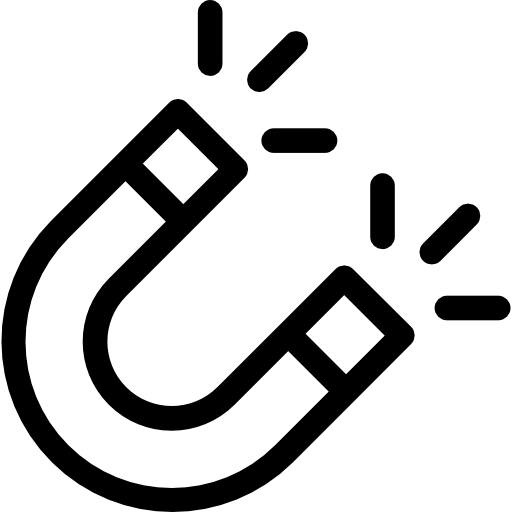 Maqnit qasırğaları
Maqnit qasırğaları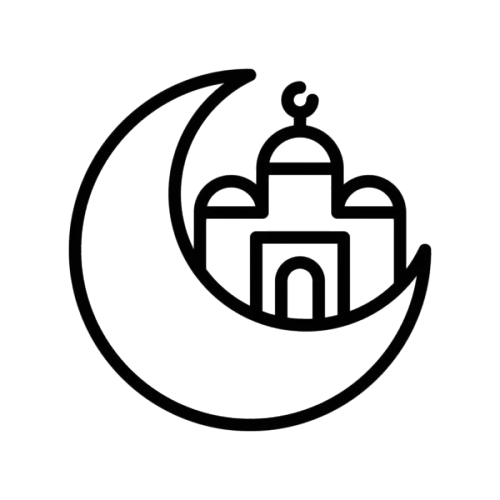 Namaz təqvimi
Namaz təqvimi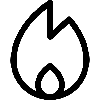 Kalori kalkulyatoru
Kalori kalkulyatoru Qiymətli metallar
Qiymətli metallar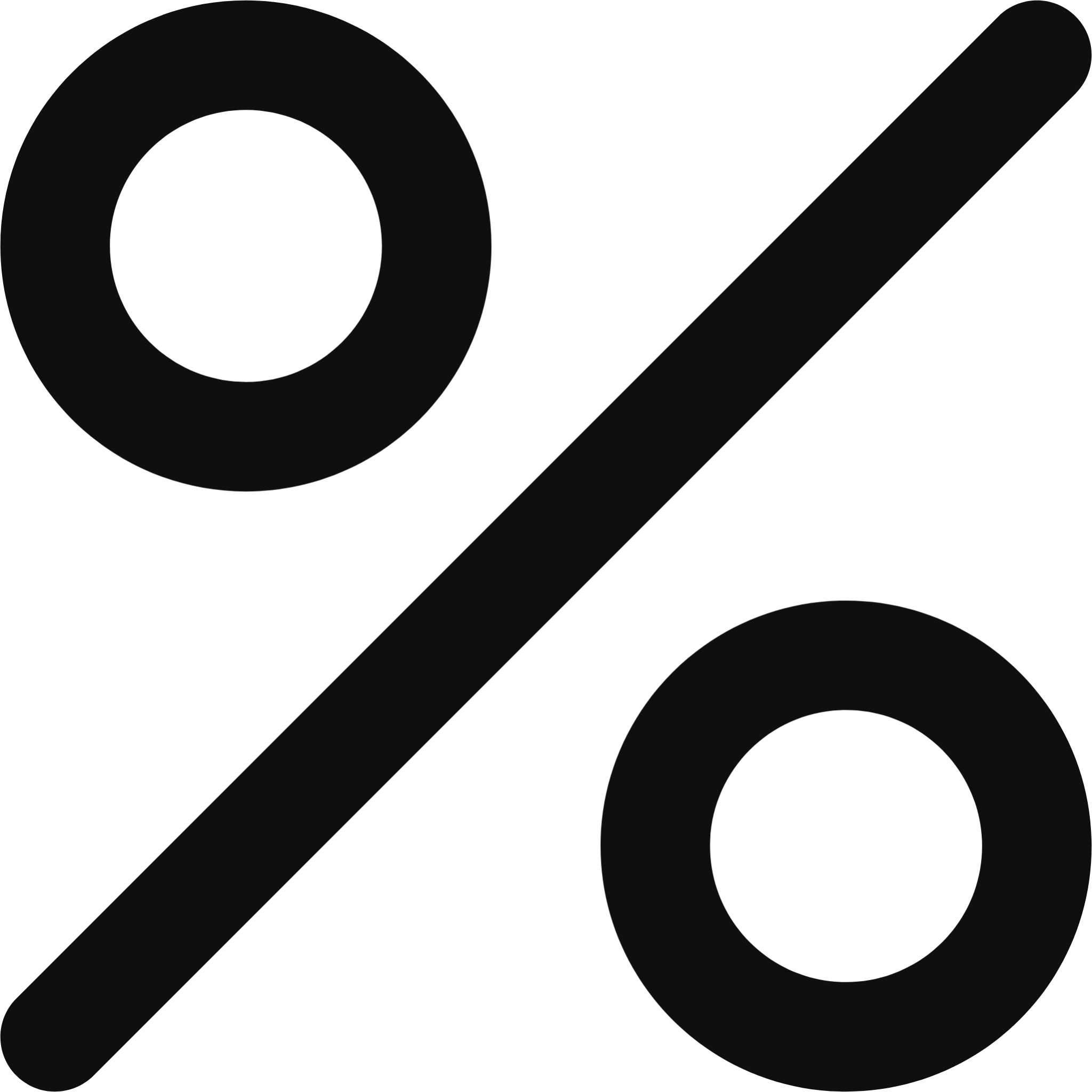 Valyuta konvertoru
Valyuta konvertoru Kredit Kalkulyatoru
Kredit Kalkulyatoru Kriptovalyuta
Kriptovalyuta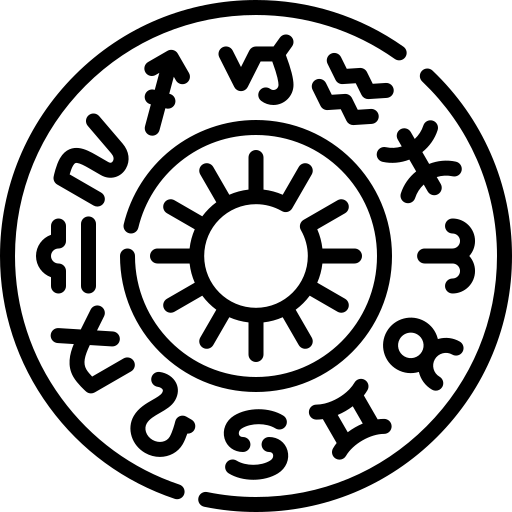 Bürclər
Bürclər Sual - Cavab
Sual - Cavab İnternet sürətini yoxla
İnternet sürətini yoxla Azərbaycan Radiosu
Azərbaycan Radiosu Azərbaycan televiziyası
Azərbaycan televiziyası Haqqımızda
Haqqımızda



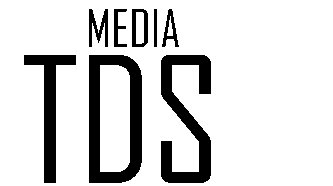 TDSMedia © 2025 Bütün hüquqlar qorunur
TDSMedia © 2025 Bütün hüquqlar qorunur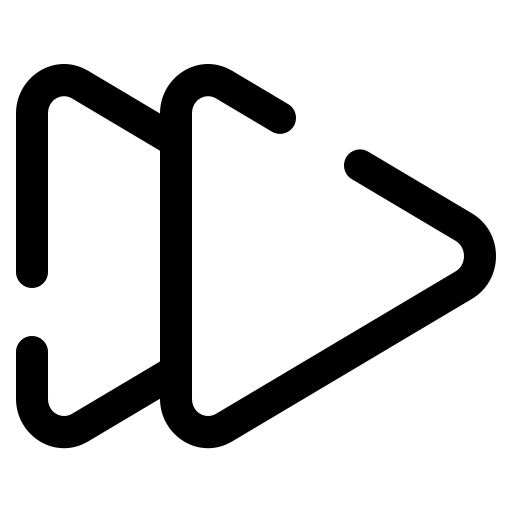
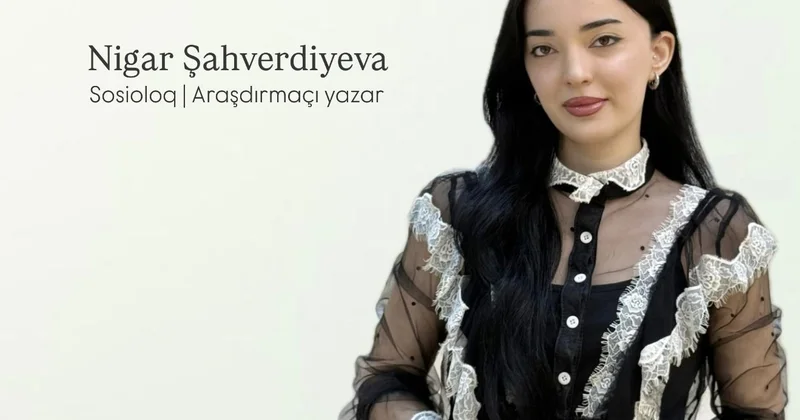







 Günün ən çox oxunanları
Günün ən çox oxunanları